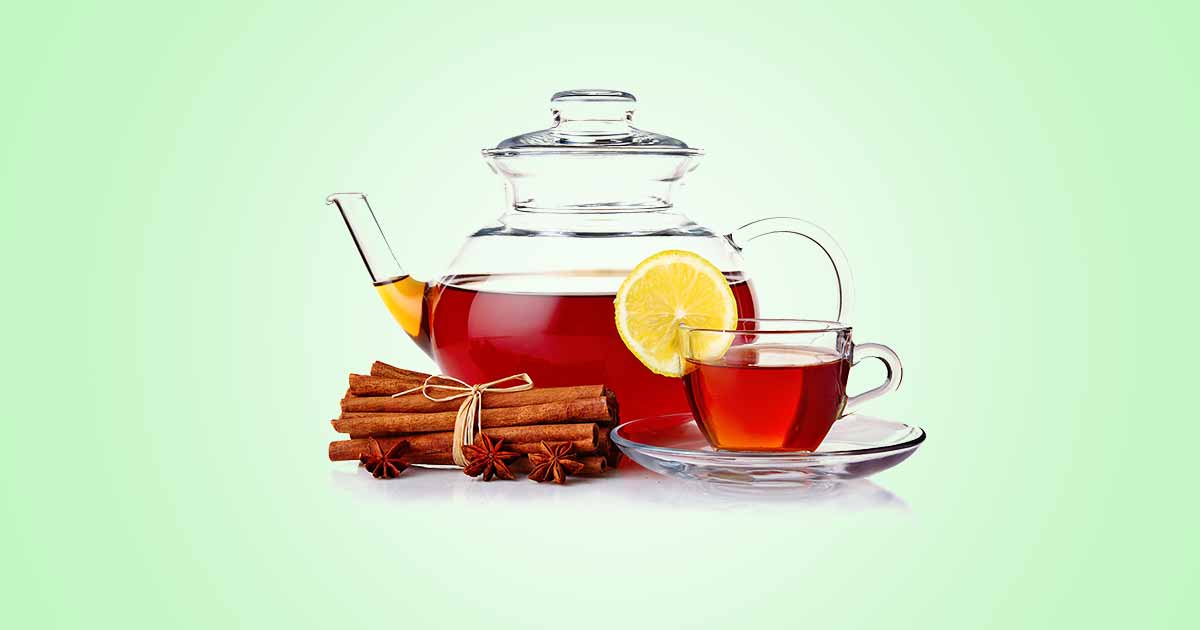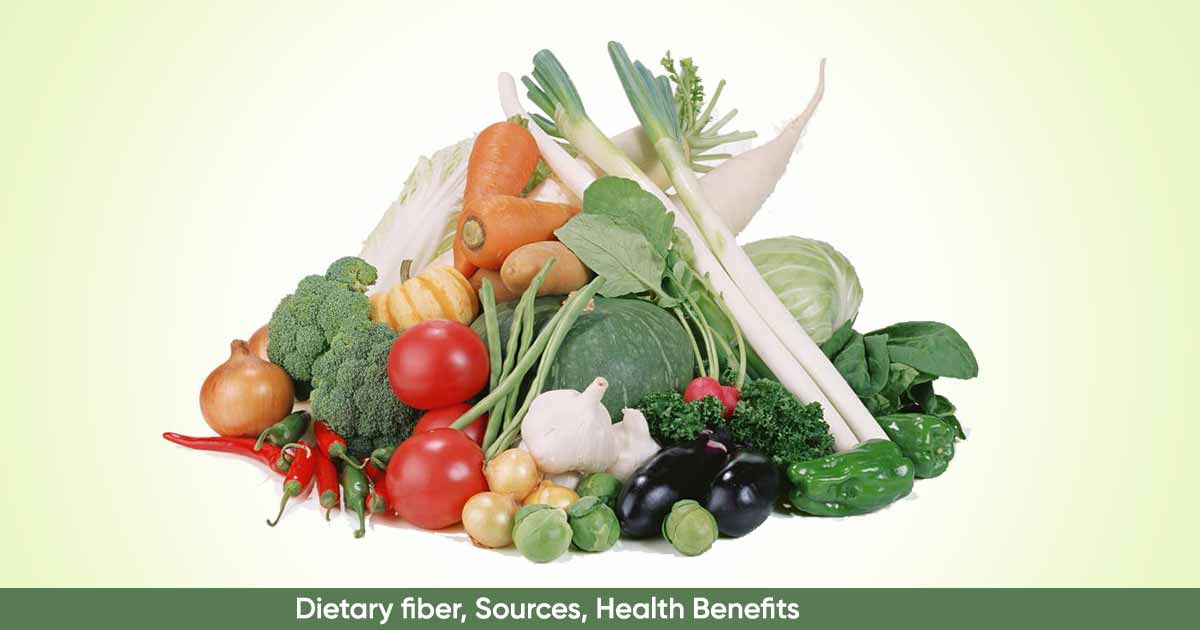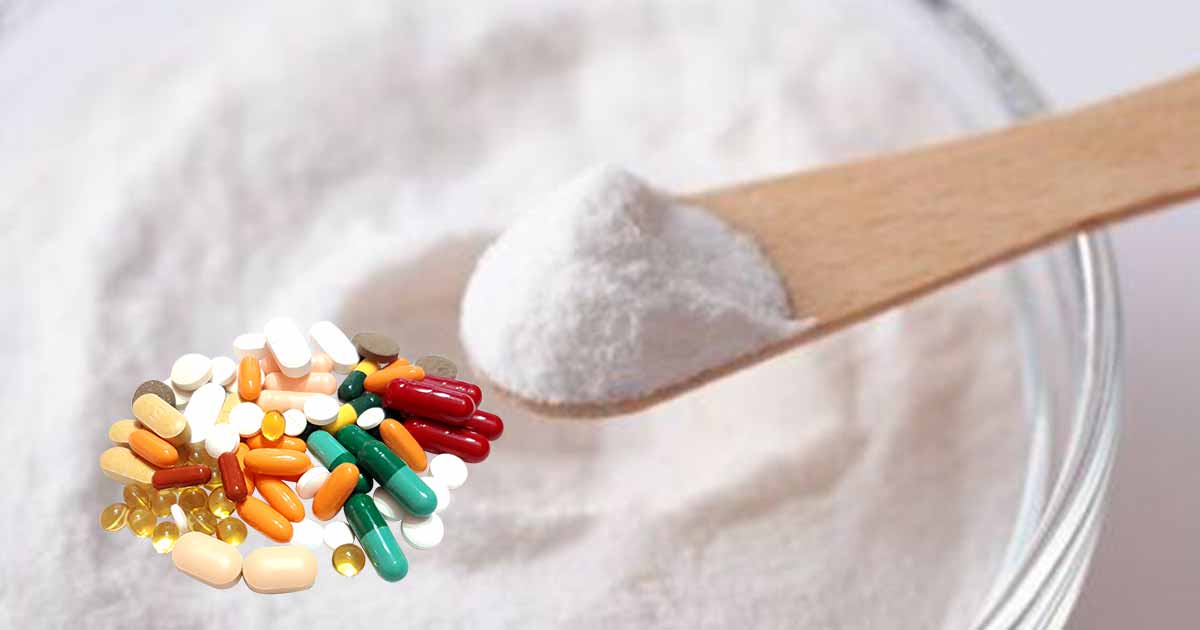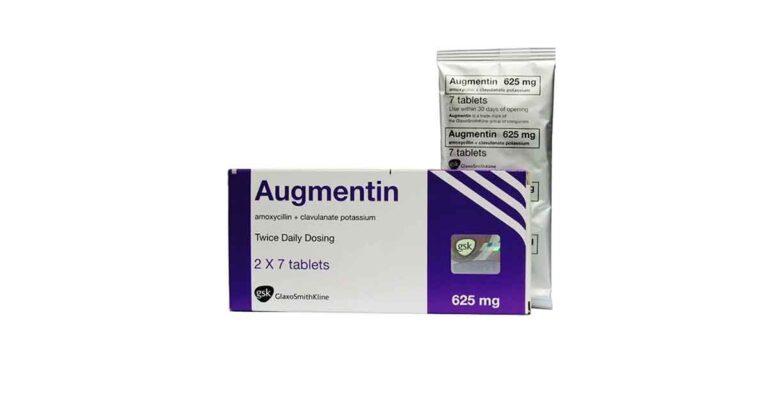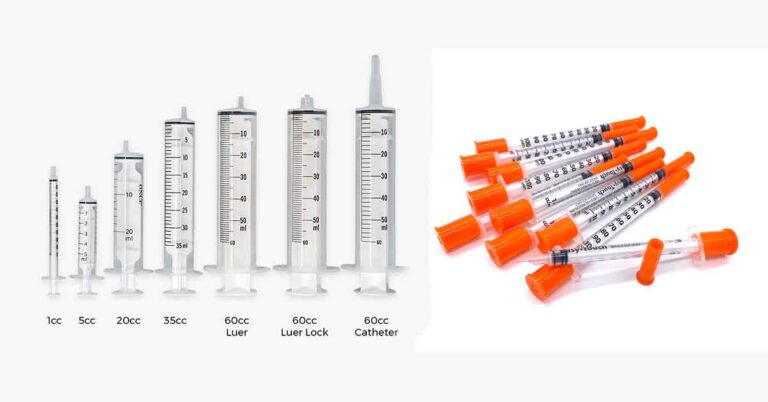Cinnamon tea is a herbal tea formulation made from the infusion of the cinnamon bark in water. The cinnamon is an evergreen plant from the laurel family or Lauraceae.
It can be prepared from the bark, which can be dried and ground for use as a spice. The two main varieties are Cinnamomum cassia and Cinnamomum verum or C. zeylanicum. The two varieties of cinnamon have their differences.
Cinnamomum verum, or true cinnamon, originates from Sri Lanka. It has a delicate flavor. It is also lighter in color and sweeter, while Chinese cinnamon, or cassia is darker and has a stronger taste.
The cinnamon spice is used to flavor cereals, vegetables, meat, fish, grain-based dishes, fruits, tea among others.
How to Prepare Cinnamon Tea
Cinnamon tea is spicy, sweet, and soothing. It can be combined with other herbs such as cloves, turmeric, ginger, aniseed, lime, lemon and other teas (green tea, oolong tea, black tea) or honey.
To prepare cinnamon tea, you need two cinnamon sticks and two cups of water. Though Ceylon cinnamon is costlier than the cassia cinnamon, it is better as it has low levels of coumarins. This means minimal side effects.
- Add the cinnamon stick to a mug
- Add boiled water to the mug
- Steep the cinnamon stick in boiling water for 10 minutes.
- You can add a tea bag and steep for a few minutes. Strain out the cinnamon stick and other herbs.
- You can add honey or a squeeze of lemon to taste.
Health Benefits of Cinnamon Tea
Antidiabetic effect: Studies suggest cinnamon tea decrease postprandial maximum glucose level, and fasting blood glucose. It has no effect on hemoglobin A1c levels.
It slows down the absorption of glucose by reducing intestinal glycosidase activity. Other mechanism of action may involve increasing of insulin receptor-𝛽 protein.
Other spices such as cloves, bay leaf, and turmeric enhances insulin activity.
Lipid Lowering: Cinnamon lowers blood lipid levels. In studies, it reduces the fasting total cholesterol, total triglyceride and total cholesterol in the serum, but increases the HDL-cholesterol levels or good’ cholesterol.
Cinnamon may benefit those with type 2 diabetes as it reduces the blood lipids, and chances of cardiovascular diseases.
Prevents obesity: Research in Germany suggested that cinnamon affect metabolic rate by decreasing liver fat and balancing blood glucose levels. It also increased the rate of glucose uptake by adipose cells.
In some places, cinnamon is combined with honey when used for weight loss.
Good for the heart: Cinnamon has anti-inflammatory effect. It also helps to lower total triglycerides, low density lipoproteins, and cholesterol. This is beneficial to the cardiovascular health.
Antioxidant properties: The water-soluble portion of cinnamon contain flavonoids and proanthocyanidins. These compounds are strong antioxidants and help to prevent free radicals’ formation in the body and prevent diseases such as cancer, cardiovascular diseases.
Manage dysmenorrhea: Results from a study about dysmenorrhea among degree girls by Afrinbanu Dyawapur et al. suggest that cinnamon tea and turmeric water can be helpful in reducing menstrual cramp. It may help in paint relief and relaxation of the muscular spasms in menstruation.
Antimicrobial activity: Essential oil from cinnamon (cinnamaldehyde and eugenol) can inhibit bacteria that cause typhoid, enteritis, and diarrhea.
Anti-inflammatory activity: Cinnamon tea may reduce inflammatory markers and prevent inflammatory diseases such as ulcerative colitis, asthma, rheumatoid arthritis, heart diseases, and cancers.
Relieves symptoms of cold: Cinnamon tea combined with honey can be helpful in sore throat. The tea can be helpful in flu, or cold as it boosts immunity.
Improves digestive health: Cinnamon tea may aid in inflammatory bowel disease (IBD) due to the catechins content. It could also help in indigestion, nausea, vomiting, and abdominal cramps.
Side Effects
Cinnamon tea from the powder or bark extract of cassia cinnamon contains high level of coumarins (5.8-12.1 mg). Coumarins may cause liver and kidney damage and other minor symptoms such as vomiting, mild dizziness, and diarrhea.
The cinnamaldehyde levels in cinnamon is high and may cause damage to the unborn offspring. This may be a risk for pregnant women. Cinnamaldehyde may also cause reaction such as irritation, urticaria, contact dermatitis, and rosacea.
References
- https://downloads.hindawi.com/journals/jdr/2015/913651.pdf
- https://www.researchgate.net/publication/315984611_Effectiveness_of_cinnamon_tea_in_reducing_weight_among_late_obese_adolescence
- https://www.academia.edu/43449919/Effectiveness_of_Cinnamon_Tea_and_Turmeric_Water_for_Reducing_Dysmenorrhoea_among_Degree_Girls
- https://www.pbrc.edu/training-and-education/community-health-resources/pennington-nutrition-series/functional-foods/PNS_Cinnamon.pdf
- https://www.herbazest.com/herbs/cinnamon/cinnamon-side-effects

